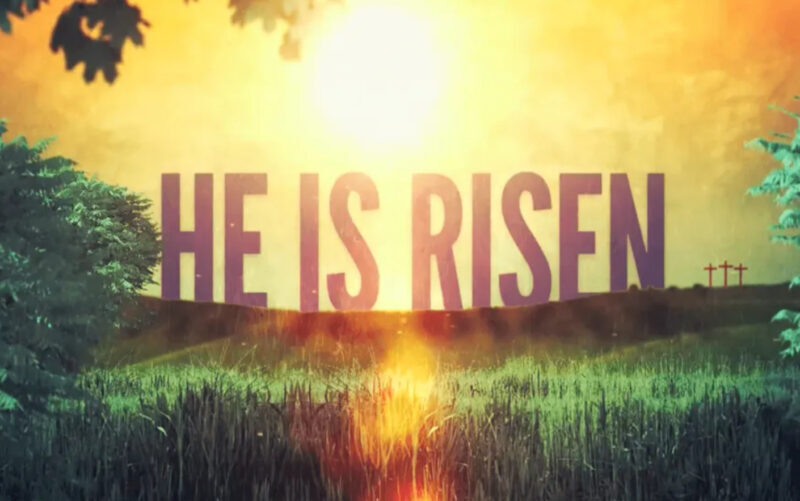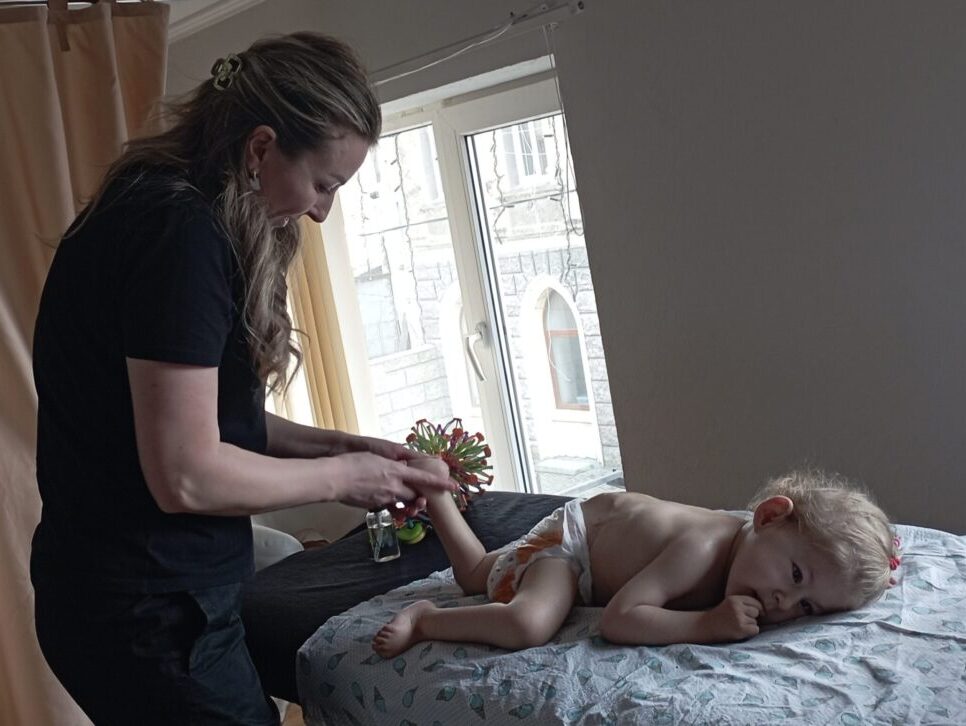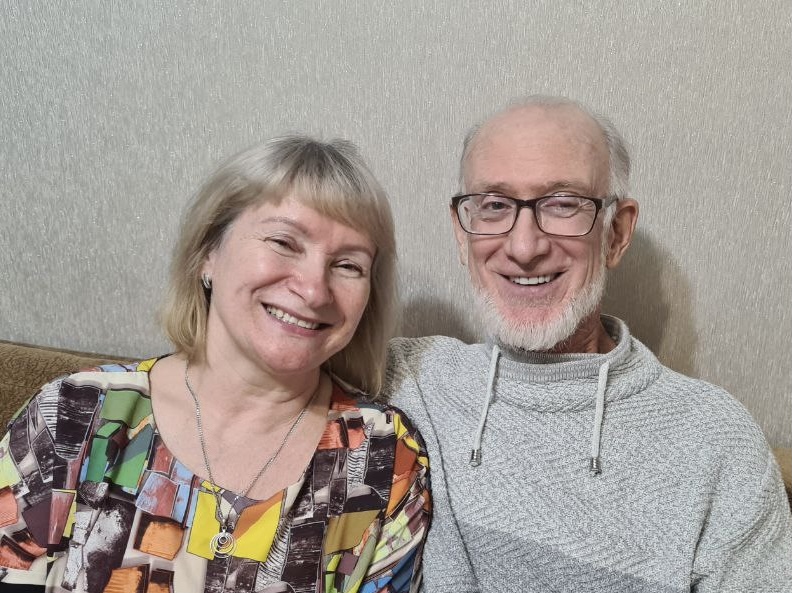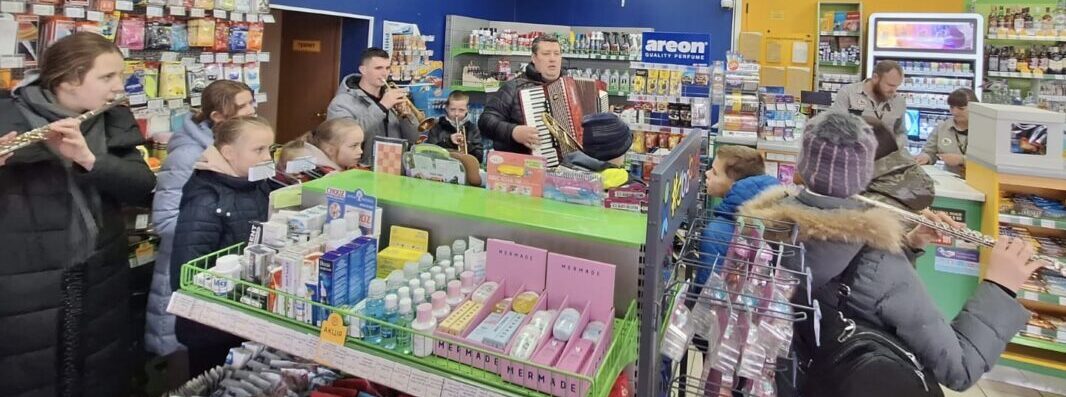What is the cycle of poverty? How does it begin?
It can begin with financial crisis or it may be the person’s physical or mental abilities that limit them. There are other possibilities. However it begins, the cycle will pass from generation to generation, unless there is a desire for change. The desire for change is stifled by a number of factors. The sense of family is very strong. “If this life (poverty) is good enough for my parents, it is okay for me.” Peer-pressure pushes children into class-cliques, developing groups that accept their station in life. These are the two main obstacles, but there are others. Having a mindset for the status quo is quite powerful.
One of the downfalls of living in poverty is that abuse of alcohol and or drugs, becomes a common form of recreation or escape from life’s difficulties. Television advertisements for alcohol suggest it as a reward for hard work, or a drink to share with friends. Unfortunately, this post-Soviet society has a long history of alcohol abuse that dates back more than 200 years. In Illichevsk, wine is a major business and export product. The grocery stores have aisles of alcoholic drinks with vodka and other hard liquors.
All of these factors promote a lifestyle that is not about change. To break the cycle of poverty, there must be a desire for change; there must be change. Education is the main factor that can provide change. This is a proven fact in the history of America. Here are a number of YouTube videos from the YouthBuild program in America.
What promotes the desire for change? Change is not easy. It takes hard work. Even more, it requires a support group, whether it be parents, friends, classmates or mentors. Even cheerleaders are important. When a student is cheered-on, his or her accomplishments take on a new value and motivation.
How does this work? In schools, teachers and guidance counselors understand the needs and potential of the student. Helping the student understand his or her own potential and interest is vital. Guiding him or her to higher education as a reality is a necessity. The student must have a dream. The dream should have achievable goals. Meet two students who have achievable goals and are moving forward.
Help us change the poverty of Illichevsk, one student at a time!
Help send MUCH students to university with a gift of $10!




